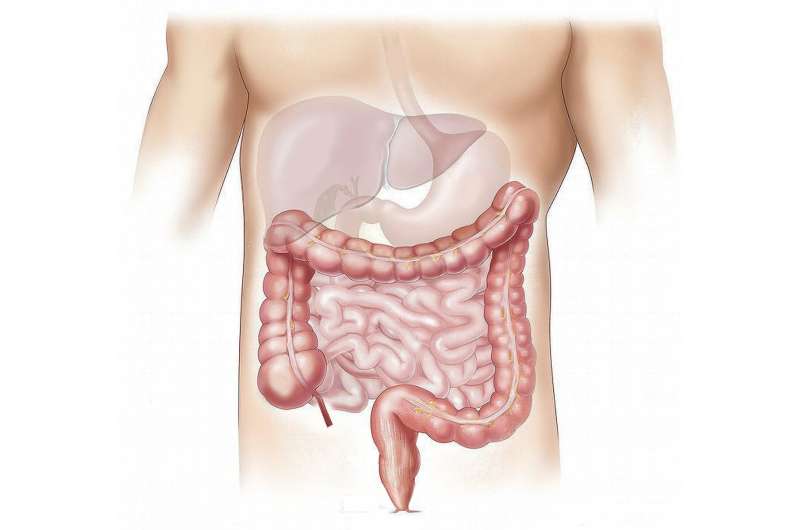Enhancing Data Collection Unveils Accurate Trends in Maternal Mortality in the US

A recent study conducted by researchers at the University of Oxford provides new insights into the patterns of maternal mortality in the United States, emphasizing the importance of accurate data collection. Published in JAMA Pediatrics, the study highlights how changes in reporting practices, particularly the introduction of a 'pregnancy checkbox' on death certificates, have significantly influenced the recorded rates of maternal deaths.
The research analyzed data spanning from 2000 to 2023, focusing on the impact of the pregnancy checkbox introduced at different times across U.S. states. By comparing states with and without this feature through a method called difference-in-differences analysis, the team found that the checkbox contributed to approximately 66% of the reported increase in maternal deaths between 2000 and 2019. This adjustment revealed that, aside from the pandemic period, maternal mortality rates remained relatively stable over the past two decades.
However, the COVID-19 pandemic marked a stark deviation, with adjusted maternal mortality rates peaking at 18.9 deaths per 100,000 live births in 2021—almost doubling the rate seen in previous years. This surge affected women across all racial and ethnic groups, except those aged 15–19, with Native American or Alaska Native women experiencing the most significant increase, with rates nearly tripling.
The study's lead authors emphasized that earlier assumptions about worsening maternal outcomes might have been influenced by reporting changes. The pandemic drastically affected maternal health, leading to higher death rates during that period. Yet, the findings suggest that under normal circumstances, maternal mortality rates have not substantially increased over recent years.
The research also pointed out persistent racial disparities. Non-Hispanic Black women consistently faced maternal mortality rates three to four times higher than non-Hispanic white women, with rates rising from 20.7 to 27.5 deaths per 100,000 live births during the pandemic. Conversely, infant mortality rates, which decreased during the same period, showed some small increases from 2021 onward.
Experts highlighted the importance of accurate data collection for public health. Robin Y. Park, a Ph.D. student and co-author, stated that accounting for reporting changes clarifies the true impact of health crises on maternal outcomes. The study underscores the need for investing in comprehensive health surveillance systems, particularly to address racial disparities and improve maternal and infant health indicators.
Using data from the National Vital Statistics Service, managed by the CDC, the study advocates for enhanced efforts in data collection and analysis. Such improvements are essential for formulating effective policies aimed at reducing maternal mortality and health disparities.
For more details, the full study is available in JAMA Pediatrics (2025), DOI: 10.1001/jamapediatrics.2025.0440.
Stay Updated with Mia's Feed
Get the latest health & wellness insights delivered straight to your inbox.
Related Articles
Innovative Ultraviolet Light Technology Enhances Protection for Older Australians Against Respiratory Infections
Innovative ultraviolet light technology has been proven to reduce respiratory infections in aged care facilities, offering a promising tool for enhancing protection for vulnerable older Australians against airborne viruses.
Impact of Policy Changes on American Medical Expenses: Rising Costs on the Horizon
Recent policy changes under the Trump administration are set to increase healthcare costs for millions of Americans, with higher insurance premiums, reduced protections, and more medical debt impacting financial stability nationwide.
The Immediate and Long-Term Health Benefits of Quitting Alcohol: A Timeline of Recovery
Discover the timeline of health improvements after quitting alcohol, from immediate benefits like better sleep and hydration to long-term reductions in chronic disease risks. Every alcohol-free day counts for your well-being.



